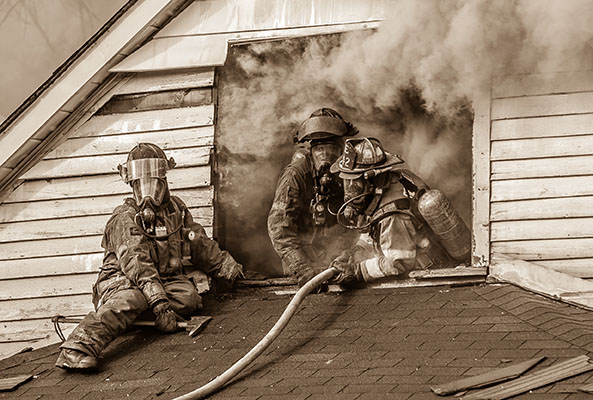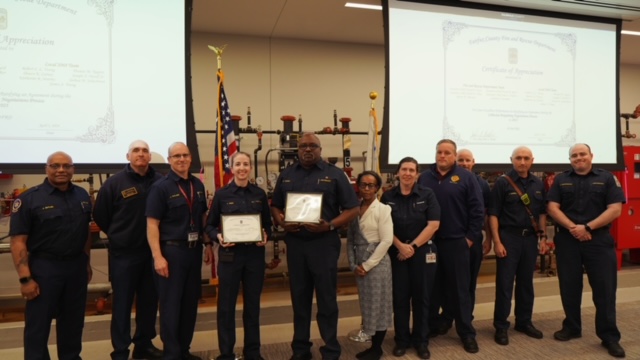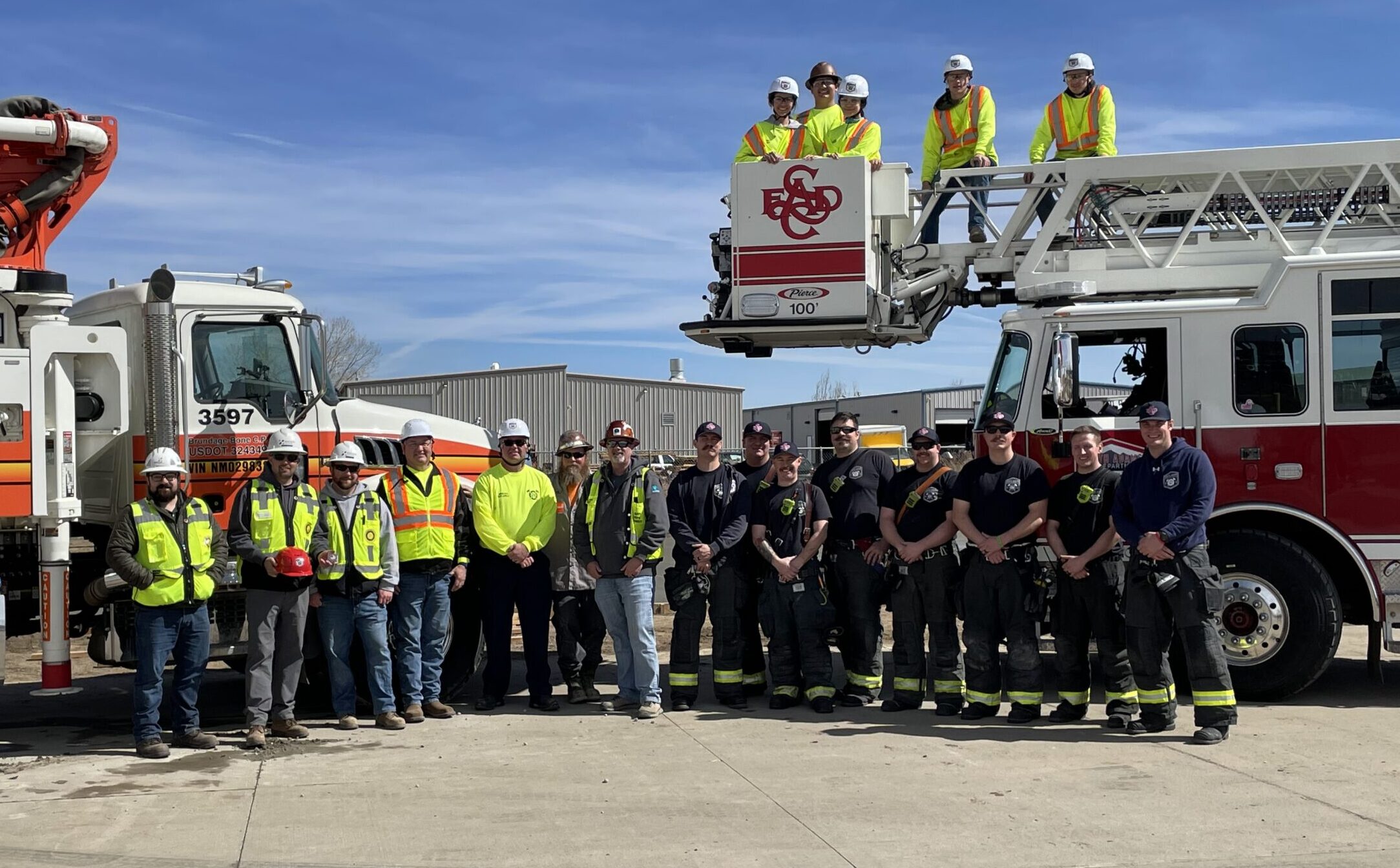 Fire fighters in Canada’s easternmost province are celebrating a hard-fought victory with the announcement that Newfoundland and Labrador will amend its workers’ compensation rules to specify that 11 types of cancer are presumed occupational when contracted by fire fighters who have worked a pre-determined number of years on the job.
Fire fighters in Canada’s easternmost province are celebrating a hard-fought victory with the announcement that Newfoundland and Labrador will amend its workers’ compensation rules to specify that 11 types of cancer are presumed occupational when contracted by fire fighters who have worked a pre-determined number of years on the job.
The announcement by Premier Dwight Ball follows an election campaign commitment he made to fire fighters as Liberal Party Leader in November 2015. When the changes are enacted, it will mean presumptive coverage for professional fire fighters will exist in every Canadian jurisdiction in which there are IAFF affiliates.
Newfoundland and Labrador’s coverage will include brain, breast, bladder, colorectal, esophageal, kidney, lung, testicular and ureter cancers, as well as leukemia and non-Hodgkins lymphoma. Required years of service ranges from five to 15 years depending on the type of cancer, and coverage for full-time fire fighters is retroactive to December 14, 2015.
“Our government is proud to provide a benefit that fire fighters have been seeking for more than a decade and is already provided in most other provinces,” Premier Ball said after announcing the legislation December 12 in St. John’s, also calling it “long overdue.”
St. John’s Local 1075 President Doug Cadigan, who was among the IAFF leaders who worked with the provincial government on the issue, called it a “monumental day” for the province’s fire fighters.
“It is satisfying to see years of advocacy work on this issue being rewarded, and career fire fighters throughout the province appreciate the provincial government’s responsiveness on this issue,” President Cadigan said. “Fire fighters will continue to answer the call, knowing that there are measures in place to support them, should they require this new benefit in the future.”
The legislation covers IAFF members who belong to three affiliates in the province: St. John’s Local 1075, Corner Brook Local 1222 and Stephenville Local 1852.
Presumptive legislation amends workers’ compensation laws to specify that certain illnesses, when contracted by a fire fighter, are presumed to be a result of their occupation if they have worked a certain number of years on the job. This in turn facilitates fair compensation, by potentially avoiding a lengthy and uncertain claims process.
Legislation covering five cancers was first introduced in Manitoba in 2002 as a direct result of lobbying by IAFF affiliates, along with research showing that fire fighters experience certain cancers in statistically greater numbers than other workers.
Since then, presumptive legislation for illnesses linked to firefighting has spread to seven other provinces and two territories, and has expanded to include additional cancers, heart disease and recently in some provinces, post-traumatic stress disorder.



